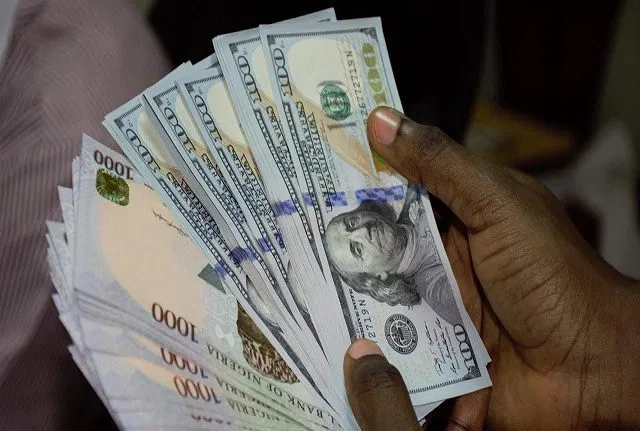The naira traded mixed across foreign currency (FX) markets as Nigeria’s foreign reserves increased steadily. The Nigerian naira dropped further in the official window to N1654 per US dollar due to a lack of FX liquidity.
However, when demand pressure lessened, the informal currency market’s exchange rate rose by N20. The market thinks that the Apex Bank would sell US dollars to banks before the end of the week to alleviate exchange rate volatility caused by liquidity constraints.
According to FX spot data from the FMDQ website, the naira exchange rate fell by 0.06%, finishing at ₦1,654.09 per USD.
In the parallel market, the naira finished at ₦1,730 per US dollar, down from N1,750 on Tuesday. Currency dealers expect the FX auction to alleviate the US dollar supply deficit.
According to data from the Central Bank of Nigeria (CBN), the gross balance in external reserves has grown over the $39 billion threshold. The increase has been backed by steady FX inflows at a time when the Apex Bank has reduced its FX involvement in the market.
According to the most recent Central Bank statistics, Nigeria’s gross foreign reserve balance as of October 22, 2024 is $39.23 billion. Oil prices fell Wednesday as industry estimates showed that US oil stocks climbed more than expected. However, futures are still up around 2% this week as traders ponder the ongoing crisis in the Middle East.
Brent crude is presently trading at $74.84, while WTI is down to $70.63. Similarly, Gold prices dropped over 1% after reaching a record high.
This decline was driven by a stronger dollar and rising U.S. Treasury yields, which overshadowed safe-haven demand linked to the upcoming U.S. election on November 5 and the situation in the Middle East. Gold is trading at around $2,727.20 per ounce.












